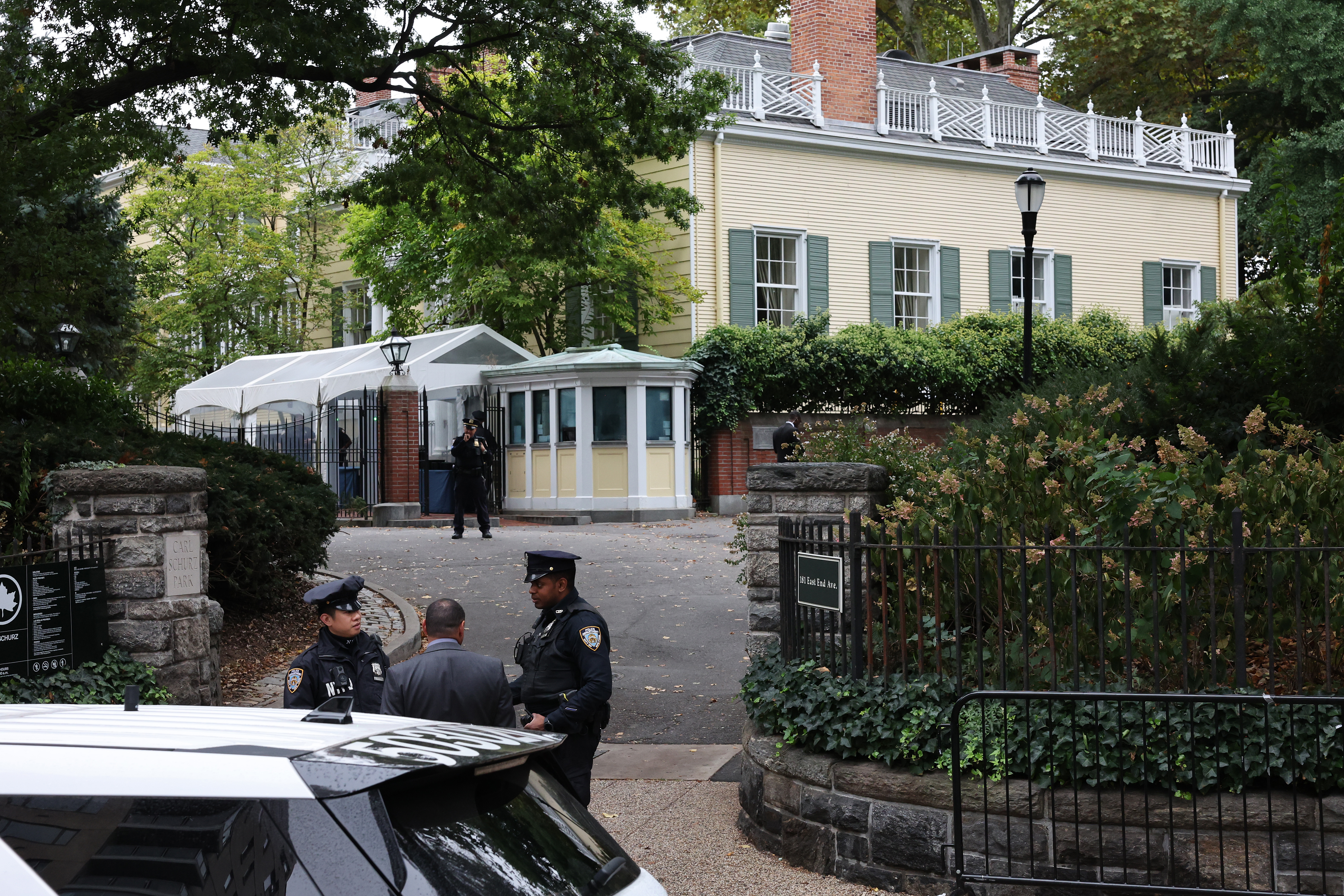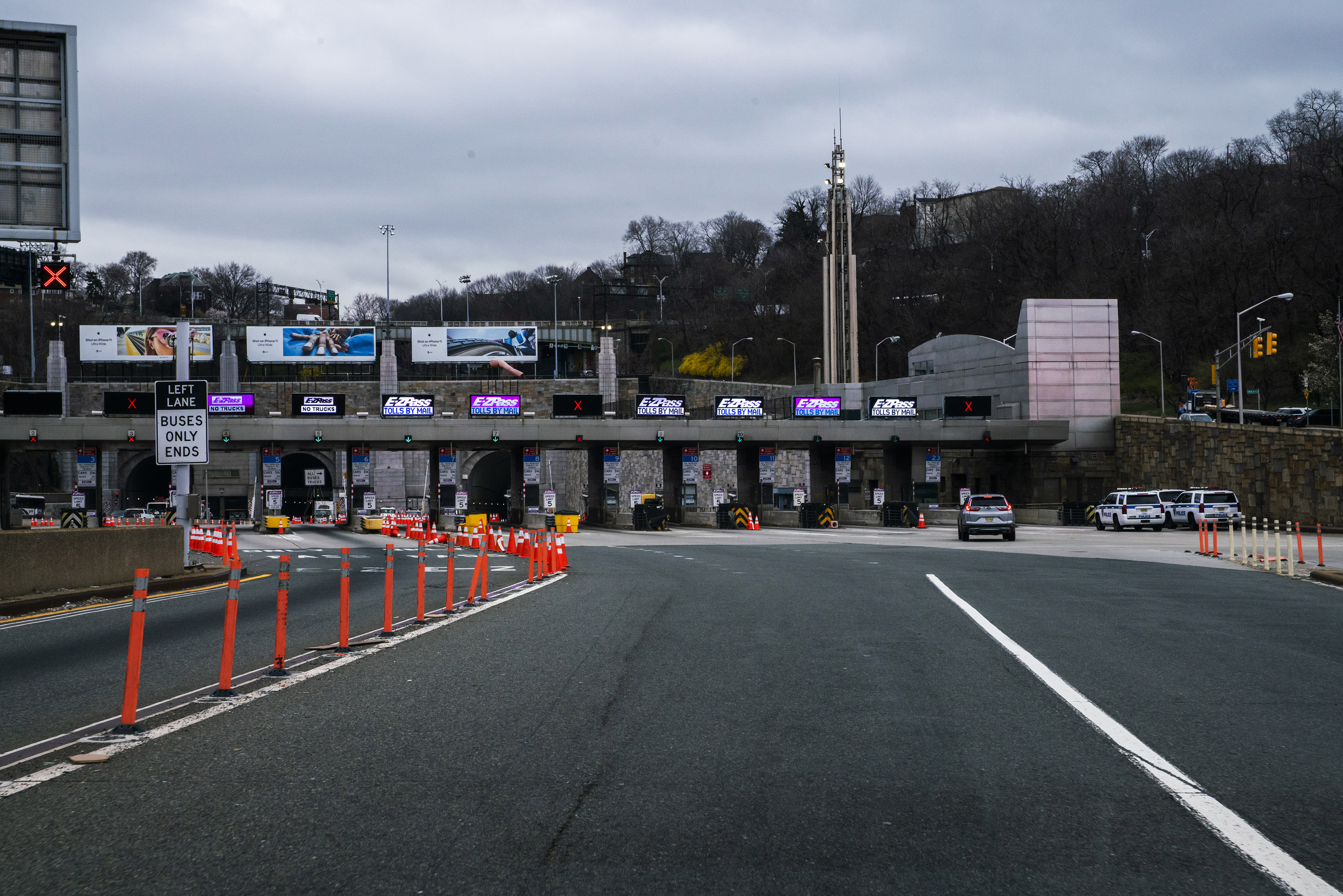UPDATE: Strike Averted: NJ Transit, Unions Reach Deal to Keep Trains Running
Commuters and businesses on both sides of the Hudson River braced for the worst as negotiators for rail unions and New Jersey Transit worked to reach a contract deal Friday to head off a weekend shutdown from a strike.
After about six hours of negotiations, no deal had been announced by late afternoon, and neither side had offered an update on the status of the talks. . If negotiators can't iron out an agreement over wages and benefits, unions have authorized a strike beginning at 12:01 a.m. Sunday.
It remained to be seen whether Republican Gov. Chris Christie would become directly involved in the talks. Earlier in the week, Christie said he would monitor negotiations but wouldn't take part unless his "involvement will be helpful in bringing together a resolution."
More than 100,000 commuters use NJ Transit to get into New York, and the transit agency says its contingency plan using extra buses will only be able to accommodate about 40,000
"It would be an enormous inconvenience," said Martin Dorph, chief financial officer for New York University in lower Manhattan, who takes the train from Hamilton, New Jersey, to New York.
Eric Delgado, a sales rep for a software company, said he could work from home in Robbinsville, New Jersey, about 60 miles from Manhattan, except he's scheduled to meet new clients for the first time next week near his office.
On Friday, he weighed that prospect against commuting on a bus to Jersey City and then taking a train into the city.
"I think it's doable, but it's just going to be a nightmare," he said. "The bus is going to be packed full of people, and it's going to be uncomfortable."
NJ Transit has estimated that a one-hour commute by train — roughly the length of Dorph's ride from Hamilton to Penn Station on an express train — will more than double by bus or a combination of bus and ferry or Port Authority Trans-Hudson train.
Worse, motorists have been told to expect backups of 20 miles or more at the Lincoln and Holland tunnels into New York.
Local
A spokesman for New York Waterway, a ferry company operating along the Hudson River waterfront in Weehawken and Hoboken and farther south in Monmouth County, said ferries likely would increase their frequency starting Monday to handle the anticipated crowds.
In New York, a business group has estimated that each hour the rails are shut will cost businesses about $6 million.
At New York-Presbyterian Hospital's six campuses, employees had the option of using an app for carpooling and ride-sharing, and there were plans to create additional parking for an anticipated increase in vehicles.
The last time the app was activated was during Superstorm Sandy, according to Jeffrey Bokser, vice president for safety, security and emergency services.
Marina Norville, a vice president of public affairs for American Express, said a note went out to all employees Wednesday alerting them to the possible strike and telling them "to speak with your leader about the option to work from home."
Commuters wouldn't be the only ones affected by a strike. While the heavily used Northeast Corridor line runs on tracks owned by Amtrak, the east-west Morris and Essex line is owned by NJ Transit and would be shut down, affecting some freight shipments by smaller railroads.
The last NJ Transit strike was in March 1983, and it lasted 34 days.



